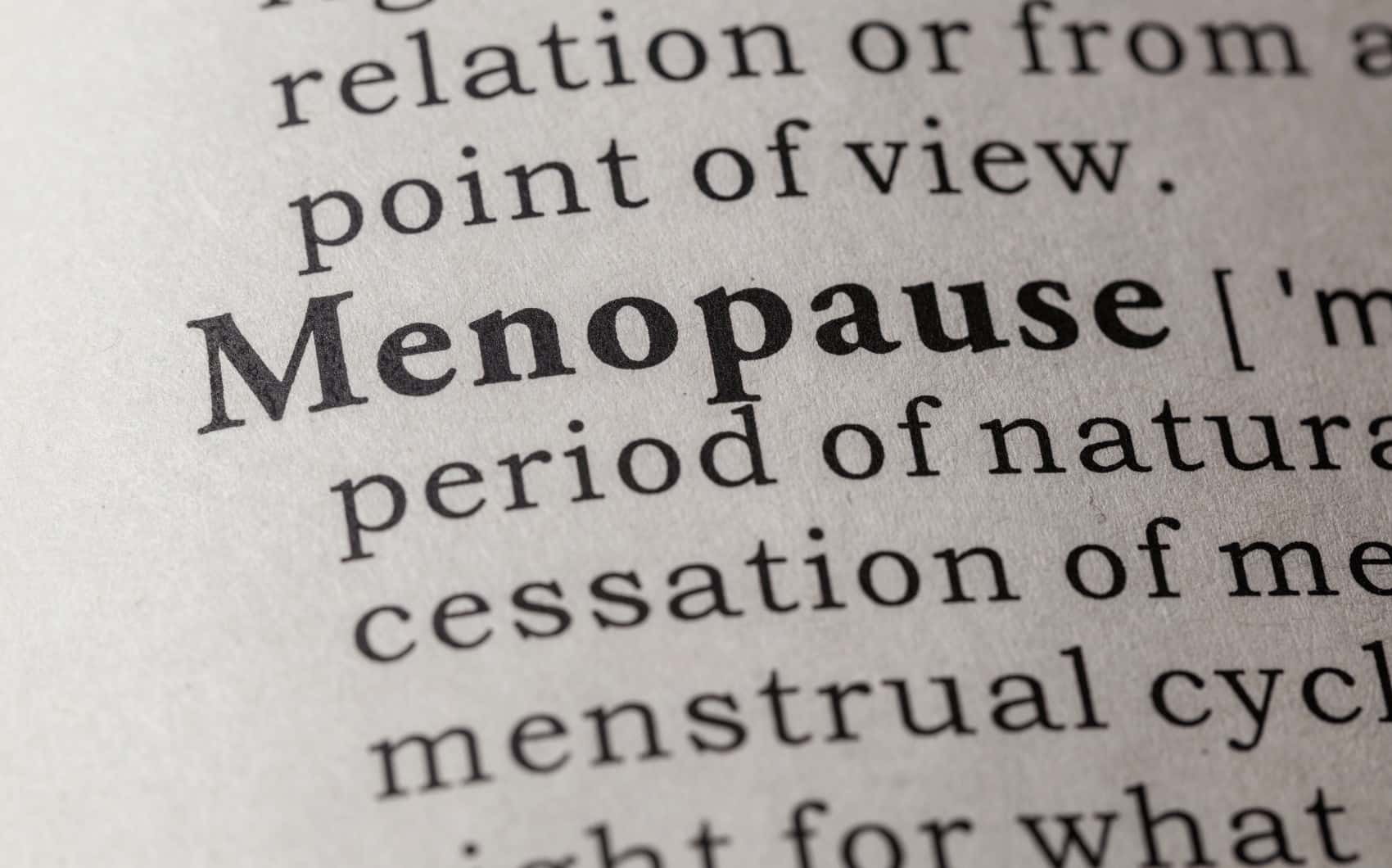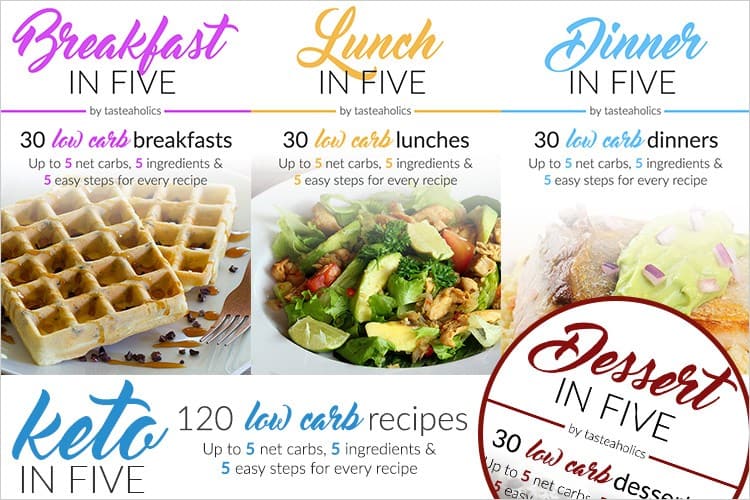
For women, menopause is a fact of life; however, it’s not something you particularly want to go through.
Changes occur in your body that impacts your lifestyle, often causing you to experience psychological challenges.
However, there are treatments available for various symptoms. Women need to know what to expect in menopause and perimenopause and ensure they develop a healthy lifestyle to improve their health and wellbeing.
So what happens when a woman goes through menopause?
What Is Menopause?

Menopause is when a woman goes 12 consecutive months with no menstrual period.
Often, women reach menopause at the age of 51; however, it can occur earlier or later. Menopause occurs in two stages – there is perimenopause and then postmenopause.
Menopause is not a sudden change, as it happens gradually. The years preceding menopause are known as perimenopause.
Every woman experiences perimenopause differently, with some women having it for about seven years or just as short as a few months.
During perimenopause, the ovaries release fewer amounts of estrogen and fewer eggs.
During this time, periods are irregular. Most women start their perimenopause around their mid-40s, but it can begin as early as their 30s. It is possible to get pregnant during perimenopause despite the irregular periods.
Postmenopause, on the other hand, comes once a woman misses her period for an entire year.
The body releases very little estrogen after it has gone 12 months without a period. The uterine lining also stops thickening. When these changes occur, a woman is not able to get pregnant.
During menopause, a woman will experience hot flashes, night sweats, mood swings, thinning skin and tissues, and the risk of osteoporosis and heart disease.
Now that you know a little about menopause, how do you maintain good health during this time?
Stop Smoking Completely
If you haven’t stopped using tobacco, menopause is the time to do so. Smoking brings health risks, including cancer.
Quitting smoking is very important for bones and is good for the heart. Smoking isn’t good for the face as it causes wrinkles.
About 50 percent of all menopausal-age women tend to have an osteoporosis-related fracture during the remaining years.
Also, heart disease accounts for almost half of the entire deaths occurring in women over 50. When you look at these stats, you can see why it is crucial you stop smoking once you get to menopause or even before.
Schedule Your Annual Mammogram
The American Cancer Society (ACS) notes that two-thirds of entire invasive breast cancers are witnessed in menopausal women aged 55 and above.
Receiving a mammogram helps detect breast cancer early, during the time when it is still otherwise undetectable.
It is recommended that women receive a mammogram every year when they are in their forties and above. Additionally, it would be best to talk to your doctor annually to discuss the risk of having breast cancer and determine whether you should have a mammogram.
Get Screening For Colon Cancer
You should begin checks for colorectal cancer at the age of 50, around menopause, unless you have a high risk of the disease, in which you should have screening done earlier.
There are different ways of viewing the colon, including sigmoidoscopy and colonoscopy.
Analysis of stool samples may also help detect evidence of cancer.
Talk to your doctor about screening tests to see which one is most suitable for you.
Detecting cancer early allows you to receive treatment in advance before it progresses. The rate of treatment success is higher when cancer is in its early stages.
Get A Screening For Skin Cancer
You need a skin specialist to look over your entire body for skin lesions.
Skin cancer is very prevalent during menopause, and getting screened helps you identify and receive treatment in time.
Most skin cancers occur after age 50, as the National Cancer Institute points out.
Additionally, menopausal women need to take precautions to make sure they get enough protection from the sun.
Wearing sunscreen is recommended when outdoors.
Watch Your Weight
Weight gain is one of the most difficult things to tackle during the menopause transition.
As women age, managing weight gain becomes more difficult. Many women gain weight or experience weight redistribution in menopause.
Women tend to have reduced muscle mass, meaning that the body is not able to utilize calories and turn them into energy effectively. You can start dieting and exercising during the transition to avoid gaining more weight.
It is much easier to prevent weight gain when it hasn’t occurred than dealing with it after you have gained extra pounds. Ensure you consume a sensible diet and indulge in regular physical activities as you get to the menopause stage.
Take Care Of Your Bones
It helps if you get screened for osteoporosis as you approach 65 or earlier because, during this age, you are at a high risk of developing the condition.
If you have a family history of osteoporosis or a history of breaking bones, you should be screened.
Also, if you lead an inactive lifestyle or smoke, you should get screened for the condition. Ensure you get a sufficient amount of vitamin D, calcium, and exercise as you approach menopause to help minimize the risk of developing osteoporosis.
Check For Depression Signs

Although menopause may not increase the risk of having depression, if you are vulnerable to the condition, you need to watch out for the signs.
Often, when you have a severe premenstrual syndrome or other conditions such as premenstrual dysphoric disorder, you may experience depression.
The presence of chronic diseases during this age may also put you at risk of developing depression.
If you had postpartum depression, it is also likely that you will get depression during menopause. Talk about any signs indicating depression with your doctors, such as difficulty concentrating, loss of interest, and feelings of hopelessness.
Use Birth Control And Ensure Safe Sex
While your periods may be irregular as menopause approaches, there are still chances you could get pregnant.
If you don’t anticipate having a baby, you should consider being vigilant about birth control.
Many women who don’t take precautions end up adding a baby to their family during the perimenopausal time.
Using contraceptives can help you prevent STDs, even if getting pregnant is not a concern.
[grwebform url=”https://app.getresponse.com/view_webform_v2.js?u=yhX3C&webforms_id=27444203″ css=”on” center=”off” center_margin=”200″/]
Watch Your Dietary Needs
Although you cannot change some risk factors or symptoms associated with menopause and aging, getting good nutrition may help prevent and ease certain conditions that occur during and after menopause.
During this time, eat a variety of food items to have all the nutrients you need.
Because women’s diets tend to be low in calcium and iron, you should ensure you get enough of these.
Eat and drink dairy products as well as calcium-rich foods every day. You can get calcium from dairy products, broccoli, legumes, and boned fish such as sardines and salmon. Aim at getting about 1,200 mg of calcium a day.

Ensure you pump up your iron. You should have at least three servings containing iron-rich foods every day. Iron can be found in poultry, lean red meat, leafy greens, eggs, fish, enriched grain products, and nuts.
The recommended dietary amount of iron among older women is about 8 mg per day.
A woman in menopause should have plenty of fiber in their diet.
Eat foods high in fiber like cereals, whole-grain bread, rice, pasta, vegetables, and fresh fruits. You should aim to get about 21 grams of fiber every day.
Ensure you drink plenty of water as it helps with skin health, digestion, flushing toxins, and other functions too. Drink eight glasses of water each day.
Additionally, you should cut back on consuming high-fat foods. You should get 25 to 35 percent or less of the total daily calories from fat.
Limiting saturated fat to not more than 7 percent of the daily calories is essential. Saturated fats increase cholesterol and your risk of having heart disease.
Saturated fat is found in ice cream, whole milk, fatty meats, and cheese, so you should limit these food items.
Also, limit trans fats, often found in vegetable oils, some margarine, and many baked goods, because these fats also increase cholesterol and the risk of heart disease.
Use salt and sugar in moderation, as too much sodium is associated with high blood pressure.
Go easy on salt-cured, smoked, and charbroiled foods since they have high amounts of nitrates that have been associated with cancer. Last but not least, limit your alcohol intake to about one or two drinks each day. Consuming more sugar can increase your weight.
Exercise Your Body
Just as diet is essential, so is body exercise. Make sure that you remain active during your perimenopause and menopause years.
Exercises help reduce weight by burning calories. They help preserve your muscles so that the body is able to utilize calories and not store them as fat.
Also, exercises help enhance your immune system, ensuring that your body is safe against diseases.
Generally speaking, menopause and perimenopause are times when you should make crucial lifestyle changes.
Understanding what happens when a woman goes through menopause allows you to make changes in your lifestyle that help promote your health.
Recent Posts
How To Reverse Fatty Liver Disease Through Diet (7 Day Sample Diet)!
Is A Fatty Liver Reversible? Fatty Liver Diet Plan and Menu Here we tell you everything you need to know about the fatty liver diet, menu, recipes, tips, and tricks. Did you just get diagnosed...
How to lose weight for teenage girls. A complete guide with tips
Lose weight and surprise your friends with your transformation. Follow our exclusive weight loss tips, healthy diet, and workout routine for teenage girls-all backed by science and recommended by...



